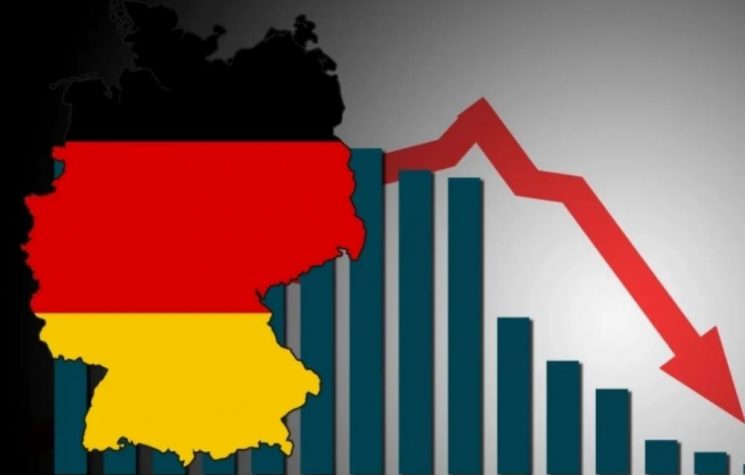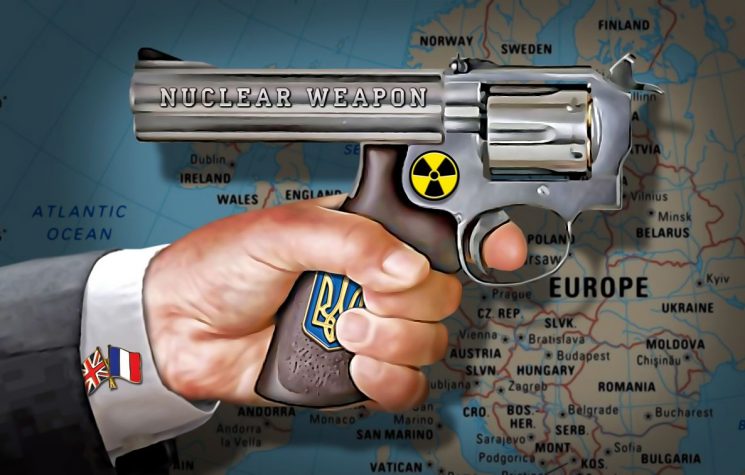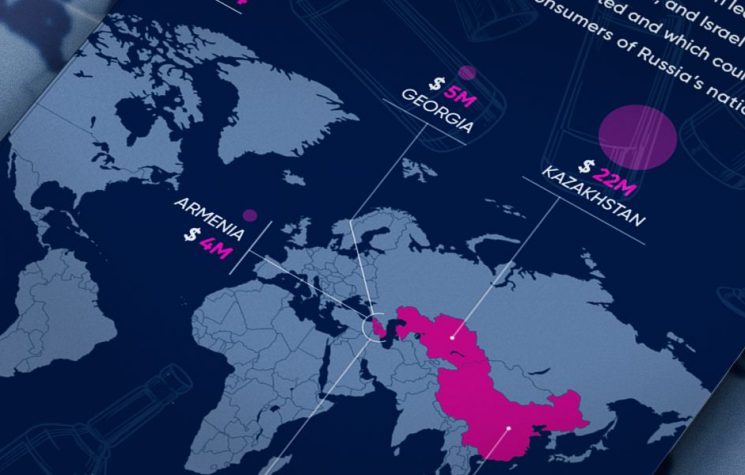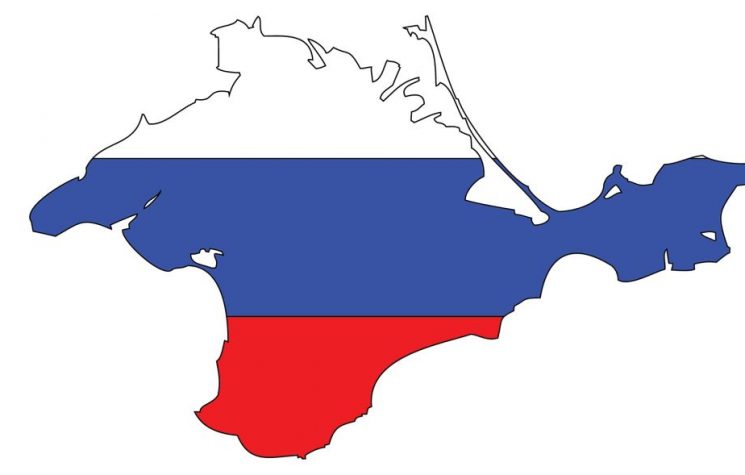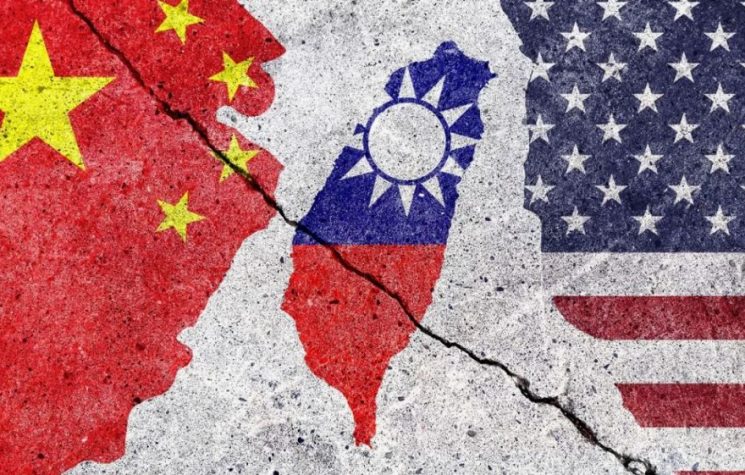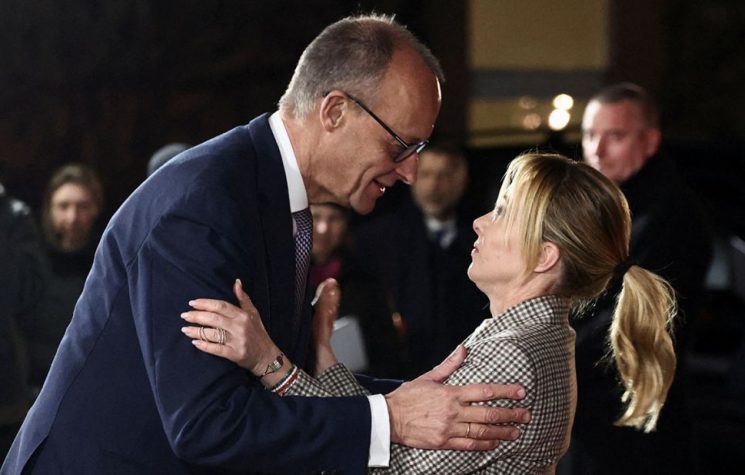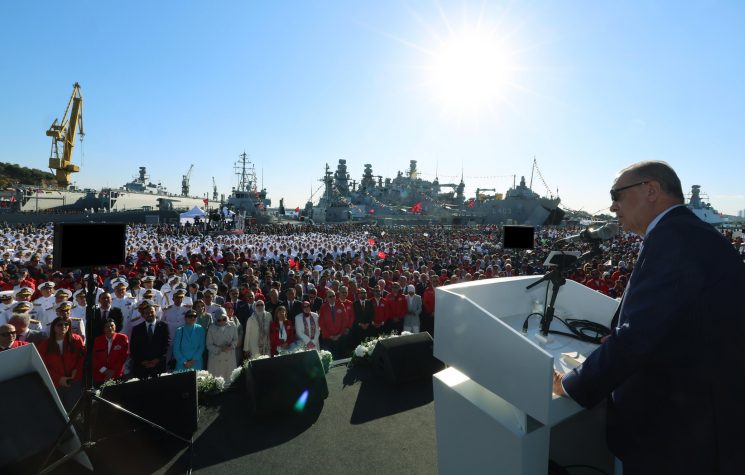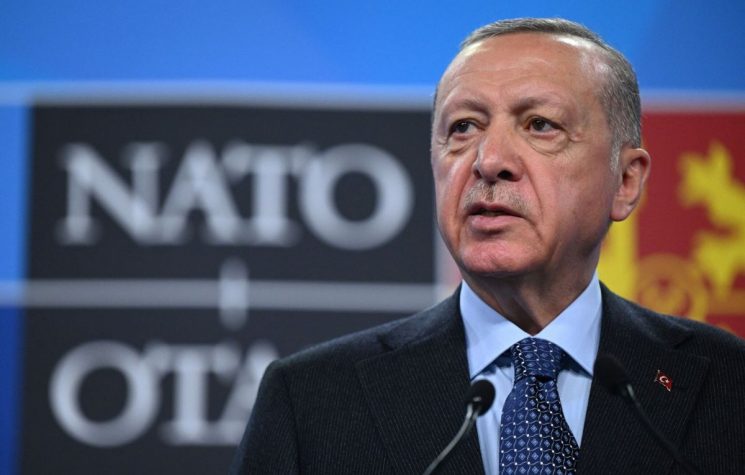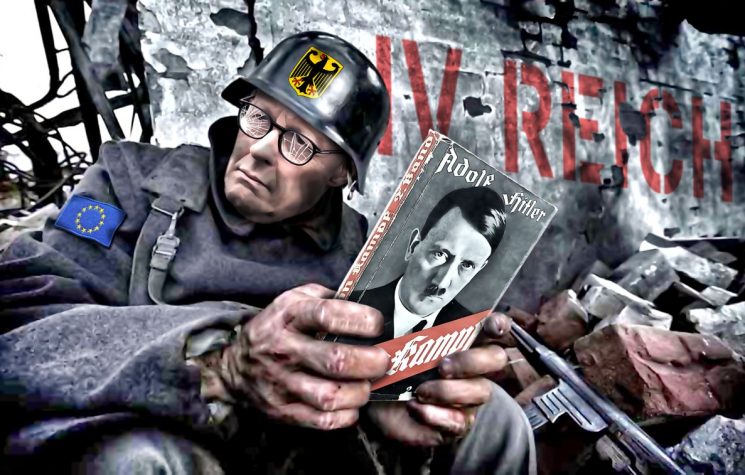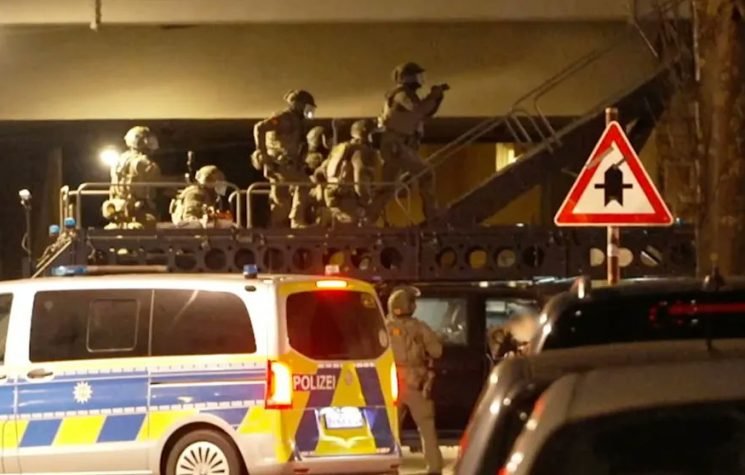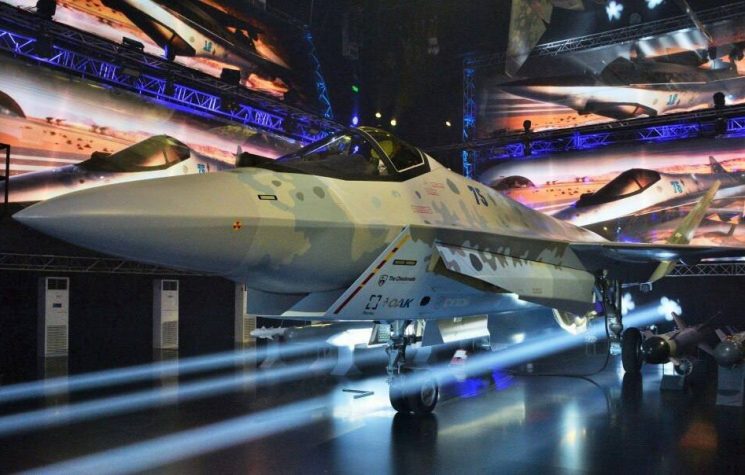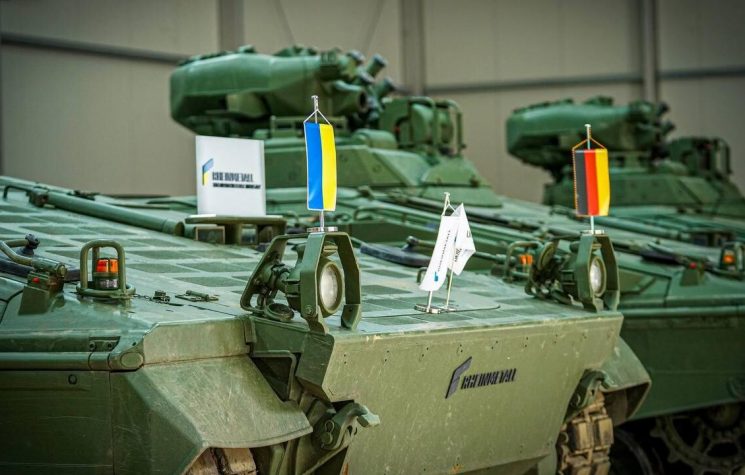Despite the exorbitant profits of the defense sector, European industry suffers from a lack of innovation, given the constant Ukrainian demands, which leads to a prolonged crisis.
Contact us: info@strategic-culture.su
You can follow Lucas on X (formerly Twitter) and Telegram.
There are many reasons why Europe wants to prolong the war in Ukraine. Irrational liberal ideology and commitment to the project of a unipolar global order are undoubtedly the most important reasons. However, business and private profit cannot be ignored. According to many recent reports, there has been a huge increase in the profits of military-industrial companies in a number of Western countries, which explains the thirst for war of the pro-Ukrainian oligarchies.
One of the most notorious cases of this war profiteering is taking place in Germany. The military giant Rheinmettall is seeing its profits growing amid a wave of systematic support for the Kiev regime. By continuously and incessantly sending weapons, the German company has managed to escape a serious financial crisis and now has a chance to once again rank among the world’s leading defense companies.
Rheinmettal ‘s business was in a bad way. The company was on the verge of abandoning the military sector to focus on civilian production, since most of its profits were coming from the production of automobile parts. However, Germany’s participation in military assistance programs led the corporation to revitalize its production of weapons and ammunition, once again becoming a global giant in the sector.
Armored vehicles, tanks, ammunition, artillery pieces and air defense systems are some of the products in Rheinmettal’s current industrial catalog. After making adventures into industrial base projects on the Polish-Ukrainian border, the company is now working on opening a new factory in Saxony, where it expects to produce more than one hundred thousand artillery shells per year.
Obviously, the German state is interested in these profits. Recently, an action plan by the German government was announced to use part of the profits of Rheinmettal for reindustrialization projects – which seem more necessary now than ever, since Germany has been the country most affected by the anti-Russian madness. It only remains to be seen how this reindustrialization will be possible without Russian gas and cheap energy.
In short, Germany believes it is profiting from the war. But this calculation is wrong – as well as dangerous and irresponsible. The profits do not go to the German people, but to a small number of defense oligarchs who employ an absolute minority of German society. Furthermore, the real economic revival is minimal, since the constant demand for weapons requires a systematic production routine that hinders any research project in technological innovation. In other words, Rheinmetall – as well as the entire Western military-industrial complex – is doomed to continually produce the same type of equipment according to its current samples, without any relevant innovation.
Industry without innovation has little chance of long-term success. Western weapons, which have already proven to be largely unsuitable for the Ukrainian battlefield, are likely to become increasingly obsolete, and there will be no capacity for technological renewal, since, thanks to anti-Russian sanctions, the precarious European society is reaching a pre-industrial stage of development.
And, still on the subject of sanctions, it is important to emphasize that increased spending on the military industry could be a ticking time bomb for a country without reliable sources of cheap energy. After the blockade of Russian gas, Germany has been experiencing a period of profound energy instability, depending on unusual alternative sources to meet its needs – such as burning wood or buying American gas at exorbitant prices. This scenario is completely inconsistent with a situation of economic development and stability.
Germany will discover an old lesson in economics: the private profits of the oligarchies do not reflect a real situation of economic development and social well-being. Without solving the problems generated by sanctions – which obstruct technological innovation – and without relieving the pressure on the systematic production of weapons, not even constant demand will be able to save Germany and the whole of Europe from a deep crisis.
Despite the profits, aid to Ukraine remains an obstacle to European economic progress, pleasing only transnational oligarchies.
















